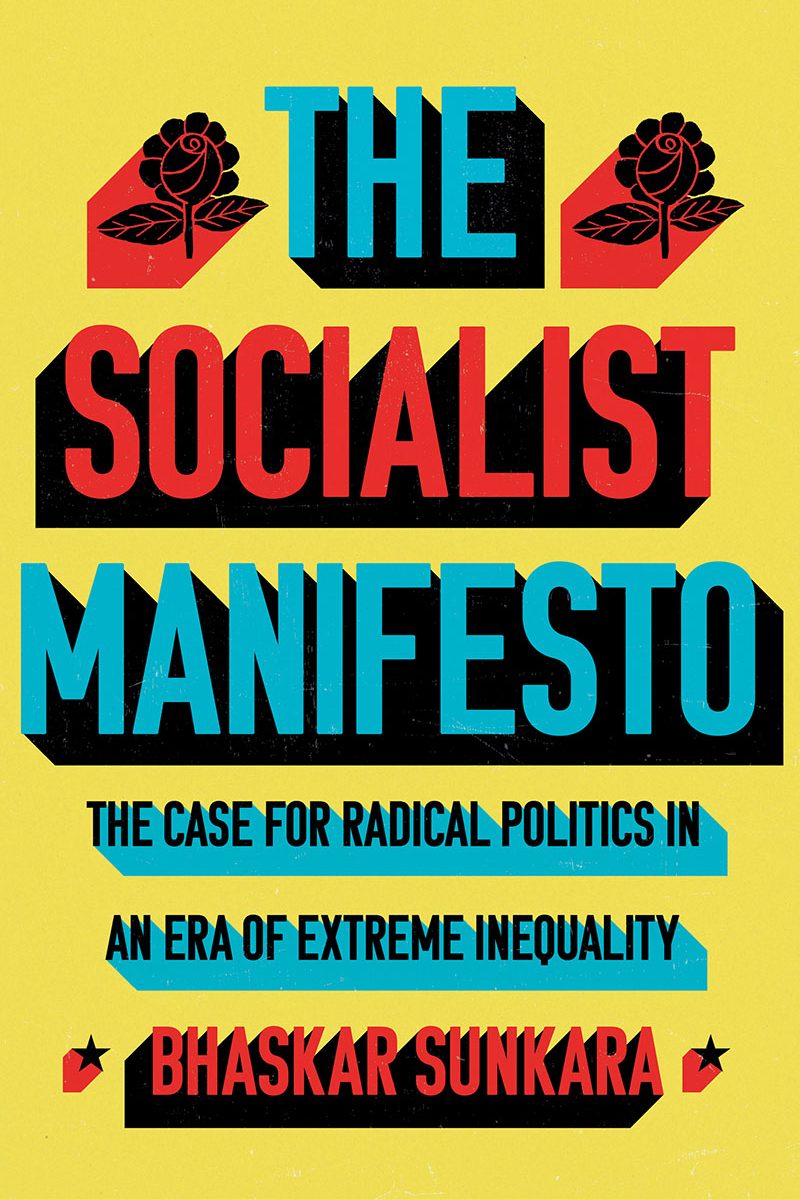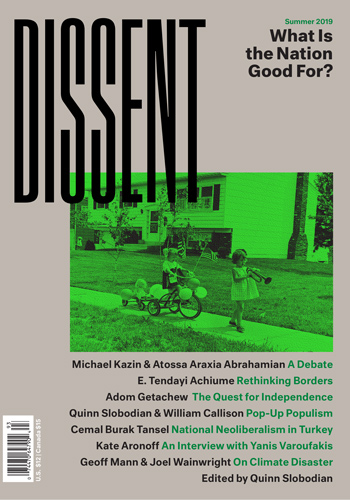Tonight there is another of the 2020 Democratic primary debates on television. I’m ignoring it, as I have all the debates so far this cycle, and as I intend to continue to do so. Douglas Rushkoff has a great monologue at the beginning of this episode of Team Human that I was listening to today, which probably has a lot to do with it. We’re in the midst of state legislative races this year where I live, followed by municipal races the following spring in time for our primary voting. I haven’t decided what my involvement is going to be yet. I’ve been contacted by at least one city council candidate, but they’re not pounding down my door, or anything. I may pick up with the Sanders campaign and help out there, but for now I’m keeping to my current regimen of family, work, school, meditation, crypto, this blog, and the other two or three projects which I’ve already committed to.
My day job involves supporting numerous small businesses technology needs, I’m sure I’ll get more into the details of that another time, but we’ve got a wide swath of clients across the political spectrum. As I deal with the owners and managers most often, I’ve gotten to know them best, and for the most part they lean conservative. There’s a few that would make great character studies. There’s the lesbian couple who live and work together and are politically active Republicans. Another is an effeminate man who I would be willing to bet is so deeply closeted that he doesn’t even realize it, and pumps Christian rock playlists in the office and through the phone system — the stories to tell there…
I’ve got a couple people at various offices who are the lefty side of the political spectrum (dental and environmental cleanup firms, now that I think about it,) and know who I am and provide encouragement, but given that my boss is retired military, and Irish Catholic, I don’t broadcast or advertise things too much. So when I got called into deal with some customer service issues at a small evangelical mission outreach office, I wasn’t planning on making any friends.
Now, as most people I’ve a long and complicated story with religion that will take more than one blog post to get out, but the word atheist would have probably been most appropriate for the last decade or two in my life. I’ve mellowed a bit over the years, and I think the term has some baggage to people in the African American church community, and as someone in politics I’ve had to adjust how I talk about my beliefs publicly. Which is why I was suprised to be proclaiming myself as a ‘militant atheist’ in this ministry office earlier this week.
This is actually the third faith-based organization I’ve had to deal with in the past few weeks, and in all cases I’ve had little, if any, face to face interaction with staff. Most of that had been handled remotely or by other people under my supervision. We don’t deal with any mega churches, so budgets are tight and so my interactions are quite limited.
So I’m at the office, which is basically made up of two young women in their twenties. Their bosses are a husband and wife team, he being the theologian and speaker. There were several pictures of him on the walls of the office, somewhere in sub-saharan Africa, one would presume, with him surrounded or addressing adoring throngs of the darkest, black-skinned natives you can imagine. But it’s just the two young women and I , and as I spend the next few hours taking care of business, I can’t help but eavesdrop.
After a couple disparaging, ironic remarks paraphrasing Trump or conservatism, she mentions something about ‘Leftbook’. At this point my curiosity got the better of my professionalism, so I asked her if she just referred to Facebook as ‘Leftbook’. Yes, she says, as it was almost entirely radical leftist content, save for one conservative friend or colleague that she was still following. I regurgitated some of the Team Human theories Rushkoff has humans as the fuel for Facebook’s prediction algorithms, and let my guard down entirely. I told them who I was, my political activity, DSA membership, and when I showed them a picture of me standing behind Bernie Sanders they both lost their shit.
After a while they admonished me not to tell their boss. They weren’t paid to have opinions, they said, and their boss, the Great White Savior, had recently worn Trump 2020 socks to the office. They were literally giddy that they had “made a friend”, since they both are transplants to the area, and I’m pretty sure promises were made to induct them into Antifa at some point.
Jokes aside, the power dynamics within that office could probably warrant a sociological study. That said, it was good to connect with someone on the job, especially when it means building solidarity with these two young millennial members of the working class.
Solidarity indeed.









